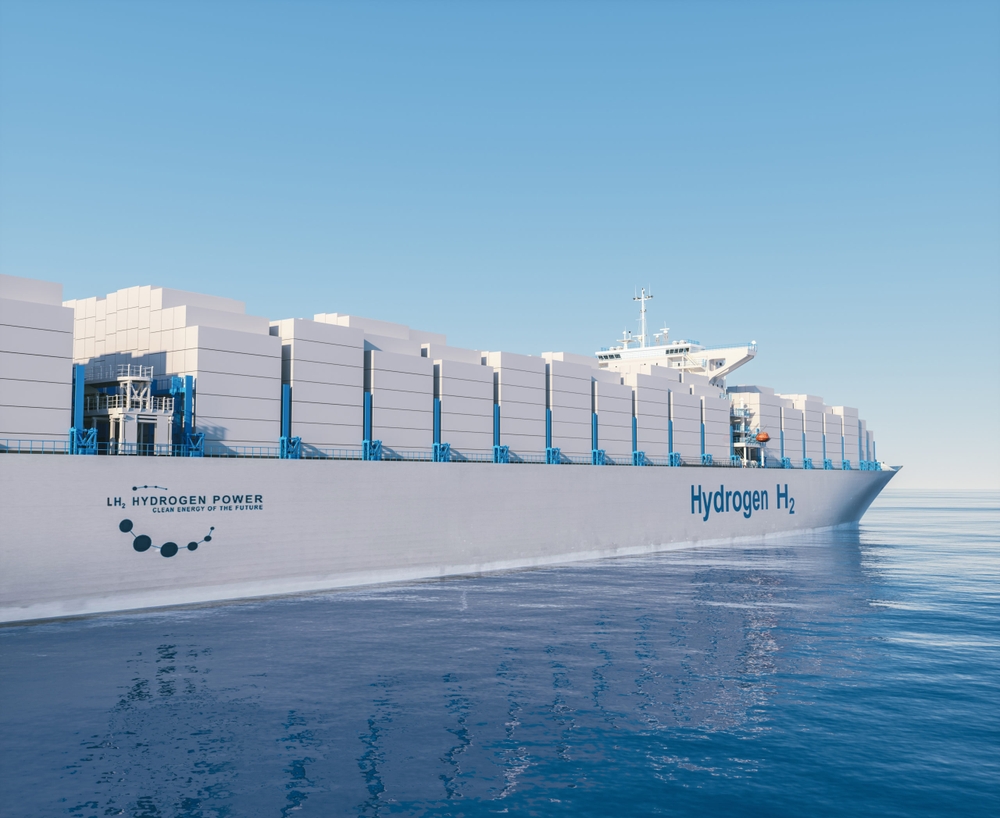Ship management services have traditionally focused on the maintenance and operational aspects of vessels, ensuring they run smoothly and efficiently. However, in today’s dynamic maritime industry, the role of ship management has evolved into a more holistic approach that encompasses a wide range of functions beyond mere upkeep. This shift is driven by the need for greater efficiency, compliance with regulations, and optimization of resources. Let’s delve into the multifaceted nature of modern ship management services and how they go beyond mere maintenance.
 Operational Excellence – While maintenance remains a core component, ship management services now emphasize operational excellence. This involves optimizing voyage planning, fuel consumption, and cargo handling to enhance efficiency and reduce costs. Leveraging advanced technology and data analytics, ship managers can make informed decisions in real-time, ensuring vessels operate at peak performance throughout their journeys.
Operational Excellence – While maintenance remains a core component, ship management services now emphasize operational excellence. This involves optimizing voyage planning, fuel consumption, and cargo handling to enhance efficiency and reduce costs. Leveraging advanced technology and data analytics, ship managers can make informed decisions in real-time, ensuring vessels operate at peak performance throughout their journeys.
Regulatory Compliance – Compliance with international regulations and industry standards is paramount in today’s maritime landscape. Ship management services play a crucial role in ensuring vessels adhere to various regulations, including environmental standards, safety protocols, and crew welfare guidelines. By staying abreast of evolving regulations and implementing robust compliance measures, ship managers mitigate risks and uphold the reputation of their clients.
Risk Management – The maritime industry is inherently fraught with risks, ranging from operational hazards to geopolitical uncertainties. Ship management services employ comprehensive risk management strategies to identify, assess, and mitigate potential threats to vessels and crew. This proactive approach minimizes disruptions, enhances safety, and protects the interests of ship owners and stakeholders.
Crew Management – Crew welfare and competency are pivotal factors in the efficient operation of vessels. Ship management services encompass crew recruitment, training, and welfare initiatives to ensure that seafarers are skilled, motivated, and well-supported throughout their employment. By investing in the development and well-being of crew members, ship managers foster a positive work environment and enhance overall operational performance.
Financial Management – Effective financial management is essential for the sustainable operation of maritime assets. Ship management services offer expertise in budgeting, accounting, and financial reporting to optimize costs and maximize revenues for ship owners. By implementing transparent financial practices and leveraging economies of scale, ship managers help clients achieve long-term profitability and viability in a competitive market.
Environmental Stewardship – With growing concerns about environmental sustainability, ship management services are increasingly focused on minimizing the ecological footprint of vessels. This involves implementing eco-friendly practices, such as fuel optimization, waste management, and emissions reduction initiatives. By embracing green technologies and adhering to stringent environmental regulations, ship managers contribute to the preservation of marine ecosystems and the mitigation of climate change.
Technology Integration – The digitalization of the maritime industry has revolutionized ship management practices. Advanced technologies, such as predictive maintenance systems, remote monitoring sensors, and autonomous navigation solutions, enable ship managers to enhance operational efficiency and safety. By harnessing the power of technology, ship management services optimize asset performance, reduce downtime, and drive innovation in the maritime sector.
Ship Management services have transcended the traditional role of maintenance to embrace a holistic approach that encompasses operational excellence, regulatory compliance, risk management, crew management, financial stewardship, environmental sustainability, and technological innovation.